Our Thematic Area
01
Environment
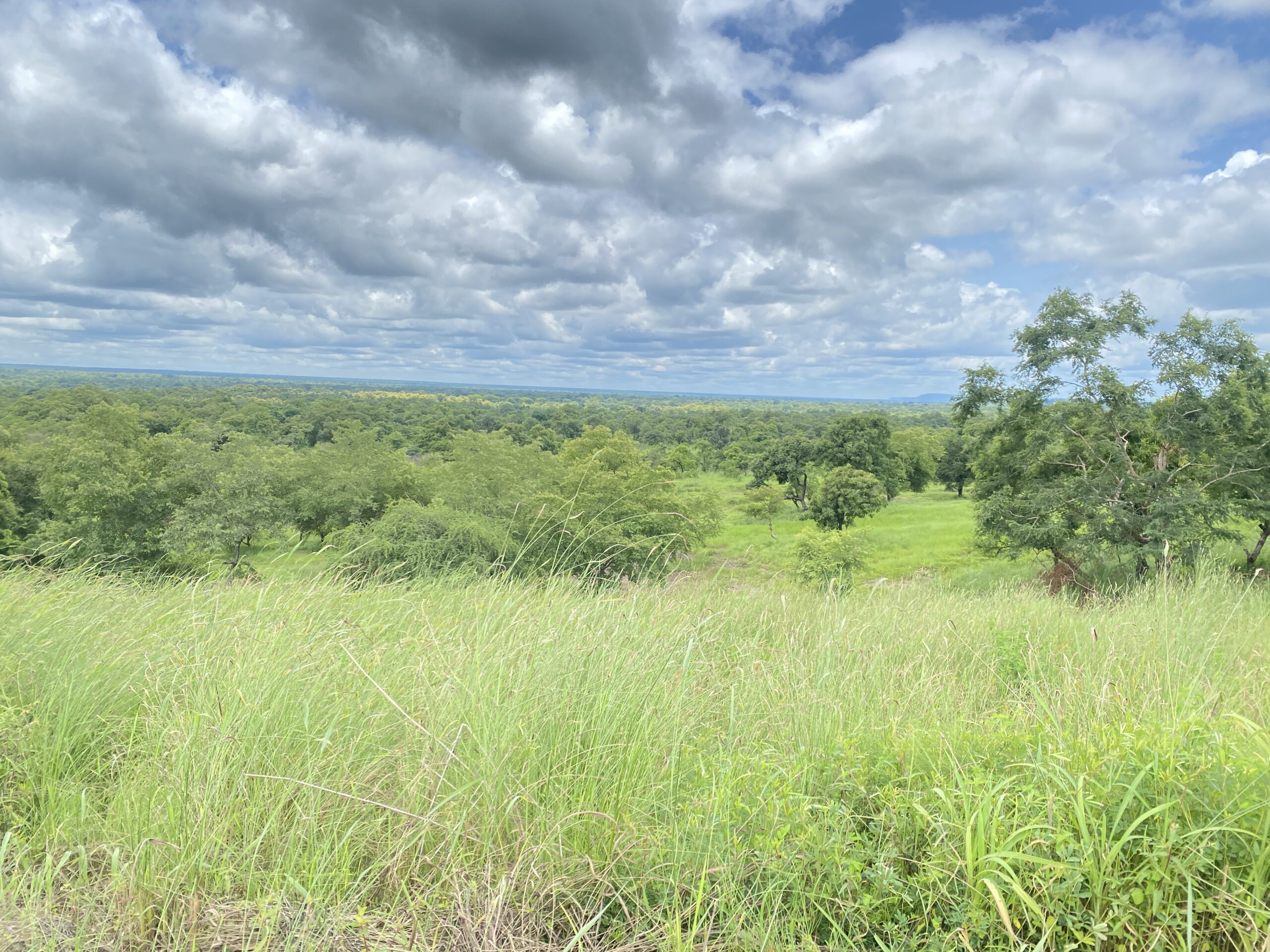
The environment is the surroundings or conditions in which living organisms, including humans and the interactions. It encompasses various components, including: Natural Environment: Air (atmosphere), Water (oceans, rivers, lakes, groundwater), Land (soil, terrain, ecosystems), Living organisms (plants, animals, microorganisms). Built Environment: Human-made structures (buildings, roads, bridges), Infrastructure (energy, transportation, communication systems). Social Environment: Human relationships and interactions, Cultural and socioeconomic factors, Community and societal structures. Ecosystem Services: Climate regulation, Air and water purification, Food production, Waste management, Recreation and tourism.
Environmental issues, such as pollution, climate change, and habitat destruction, can impact human well-being and the health of ecosystems.
Key Environmental Concepts: Sustainability, Conservation, Biodiversity, Ecosystem balance, Environmental justice.
Understanding the environment and its complexities is crucial for addressing environmental challenges and promoting a healthy, sustainable future.
 Climate change is a huge challenge, but we already know many solutions. These can deliver economic benefits while improving our lives and protecting the environment. We also have global agreements to guide progress, such as the UN Framework Convention on Climate Change and the Paris Agreement. Three broad categories of action are: cut emissions, adapt to climate impacts and finance required adjustments.
Climate change is a huge challenge, but we already know many solutions. These can deliver economic benefits while improving our lives and protecting the environment. We also have global agreements to guide progress, such as the UN Framework Convention on Climate Change and the Paris Agreement. Three broad categories of action are: cut emissions, adapt to climate impacts and finance required adjustments.
 There is no industrial, agricultural, health, domestic process that does not require a degree of external energy. Therefore, energy is the driving force towards economic and social development.
There is no industrial, agricultural, health, domestic process that does not require a degree of external energy. Therefore, energy is the driving force towards economic and social development.
Switching energy systems from fossil fuels to renewables like solar will reduce the emissions driving climate change. But we have to start right now. While a growing coalition of countries is committing to net zero emissions by 2050, about half of emissions cuts must be in place by 2030 to keep warming below 1.5°C. Fossil fuel production must decline by roughly 6 percent per year between 2020 and 2030.
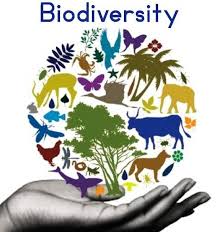 Three-quarters of the land-based environment and roughly 66% of the ocean environment have been significantly altered. More than a third of the world’s land surface and nearly 75% of freshwater resources are now devoted to crop or livestock production. Climate change worsens the impact of other stressors on nature and our well-being. Humans have overfished the oceans, cleared forests, polluted our water sources, and created a climate crisis. These actions are impacting biodiversity around the world, from the most remote locales to our own backyards.
Three-quarters of the land-based environment and roughly 66% of the ocean environment have been significantly altered. More than a third of the world’s land surface and nearly 75% of freshwater resources are now devoted to crop or livestock production. Climate change worsens the impact of other stressors on nature and our well-being. Humans have overfished the oceans, cleared forests, polluted our water sources, and created a climate crisis. These actions are impacting biodiversity around the world, from the most remote locales to our own backyards.
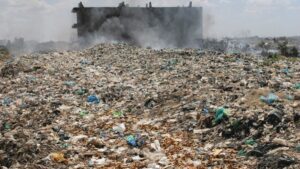 Sound management of chemicals underpin sustainable human development and the shift to circular economy. CORD supports the development, testing and uptake of sustainable cooling solutions. Chemicals are critical to the manufacture of many products and protection of human health and play an important role in the economy. However, without good management practices, chemicals and their hazardous wastes can pose significant risk to the environment and human health. Sound chemical and waste management could reduce the risk of exposure to hazardous chemicals and protect human health and environment
Sound management of chemicals underpin sustainable human development and the shift to circular economy. CORD supports the development, testing and uptake of sustainable cooling solutions. Chemicals are critical to the manufacture of many products and protection of human health and play an important role in the economy. However, without good management practices, chemicals and their hazardous wastes can pose significant risk to the environment and human health. Sound chemical and waste management could reduce the risk of exposure to hazardous chemicals and protect human health and environment
We can pay the bill now, or pay dearly in the future. Climate action requires significant financial investments by governments and businesses. But climate inaction is vastly more expensive
02
Food Security & Agriculture
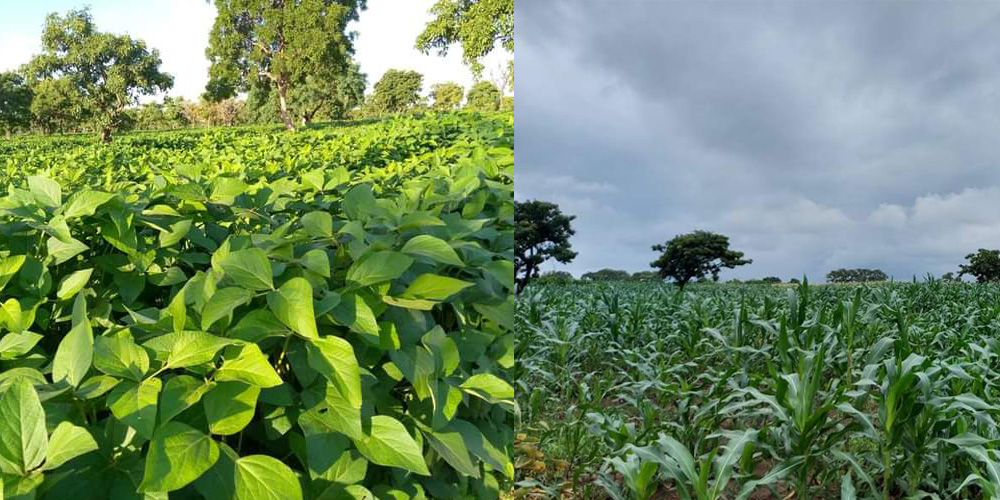
: Food Security ensures all people have access to sufficient, safe, and nutritious food to lead active and healthy lives. Agriculture which is the backbone of food security, involving crop and livestock production, processing, and distribution to meet food demands. Right to Food (Article 11, International Covenant on Economic, Social and Cultural Rights, 1966). Sustainable Agriculture (Goal 2, United Nations Sustainable Development Goals, 2015). Climate-Smart Agriculture (Paris Agreement, 2015). Agroecology (United Nations Declaration on the Rights of Peasants and Other People Working in Rural Areas, 2018)
These treaties emphasize the importance of ensuring access to safe, nutritious food, promoting sustainable agricultural practices, and supporting small-scale farmers, particularly in the face of climate change.
03
Water Sanitation and Hygiene (WASH)
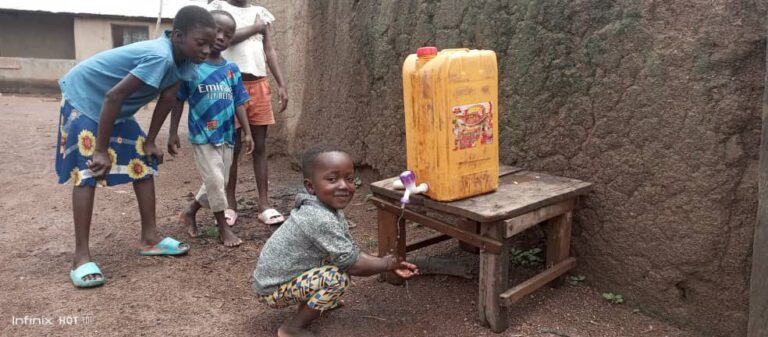
WASH is critical for human health, dignity, and well-being, and is closely linked to other development areas like health, education, and poverty reduction. Universal Declaration of Human Rights (1948): Article 25 recognizes the right to a standard of living adequate for health and well-being, including access to water and sanitation. International Covenant on Economic, Social and Cultural Rights (1966): Article 11 recognizes the right to an adequate standard of living, including access to water and sanitation. Convention on the Rights of the Child (1989): Article 24 recognizes the right to health, including access to clean water and sanitation. Convention on the Elimination of All Forms of Discrimination against Women (1979): Article 14 recognizes the right to access to water and sanitation. United Nations Sustainable Development Goals (2015): Goal 6 specifically aims to ensure universal and equitable access to safe and affordable drinking water, sanitation, and hygiene. Human Right to Water and Sanitation (2010): Recognized by the United Nations General Assembly as a human right essential for the full enjoyment of life and all human rights.
These emphasize the importance of access to safe and clean water, sanitation, and hygiene as a fundamental human right, essential for human well-being, dignity, and sustainable development.
04
Education, Social Justice, and Women Empowerment

Right to quality education for all, access to education, especially for marginalized groups, education for sustainable development and climate literacy, empowering individuals to become active citizens, promoting equality and fairness in society, addressing systemic inequalities and discrimination, protecting human rights and dignity, empowering marginalized communities, promoting gender equality and women’s right, empowering women to make informed choices and decisions, addressing gender-based violence and discrimination, supporting women’s leadership and participation in decision-making processes. Education is key to social justice and women empowerment, Social justice is essential for gender equality and women empowerment and Women empowerment is critical for sustainable development and climate action
05
Health and Nutrition

The Foundation of Wellbeing. Health and nutrition are intricately linked, playing a vital role in our overall wellbeing. A well-balanced diet provides the body with the necessary nutrients, vitamins, and minerals to function optimally, while a healthy lifestyle helps maintain physical and mental wellness.
06
Green Skills and Entrepreneurship Development
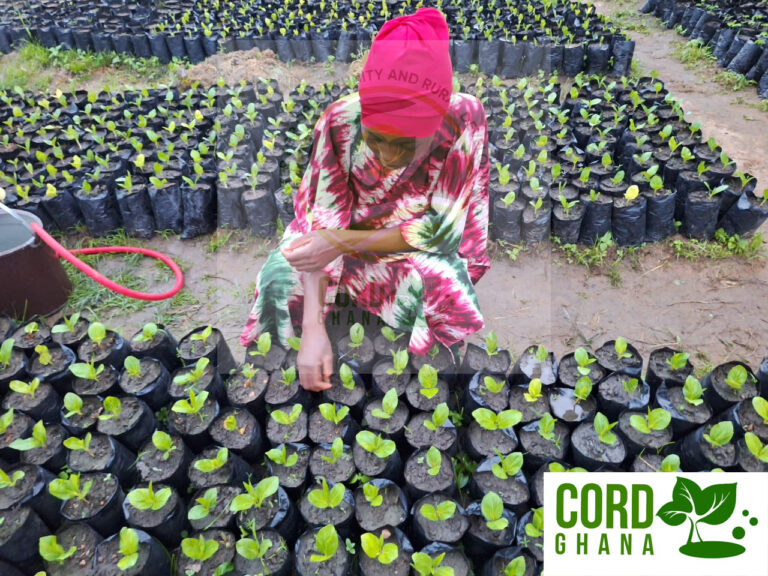
Green skills development for Youth, persons living with disability and Women is a skill needed to adapt processes, services, and products to climate change and the environmental regulations and requirements related to it. This include knowledge, abilities, values and attitude needed to live in and develop and support a sustainable resource-efficient society.
Cross Cutting Theme
Gender and Social Inclusion

Advocacy
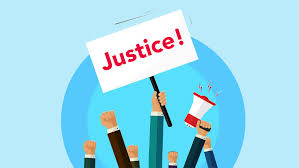
Saving and Loans Groups (SLGs)
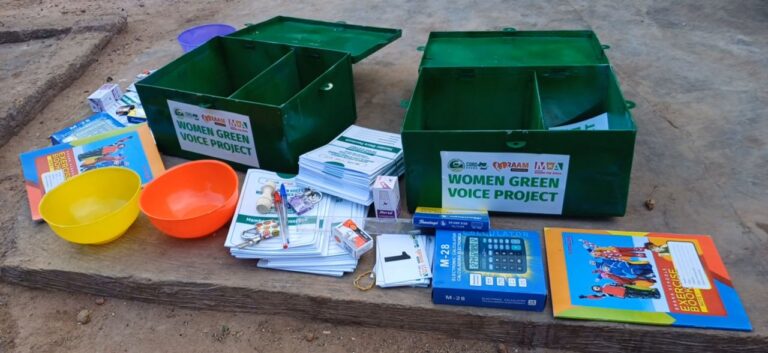
4. Women and Youth in Agribusiness (WYA)
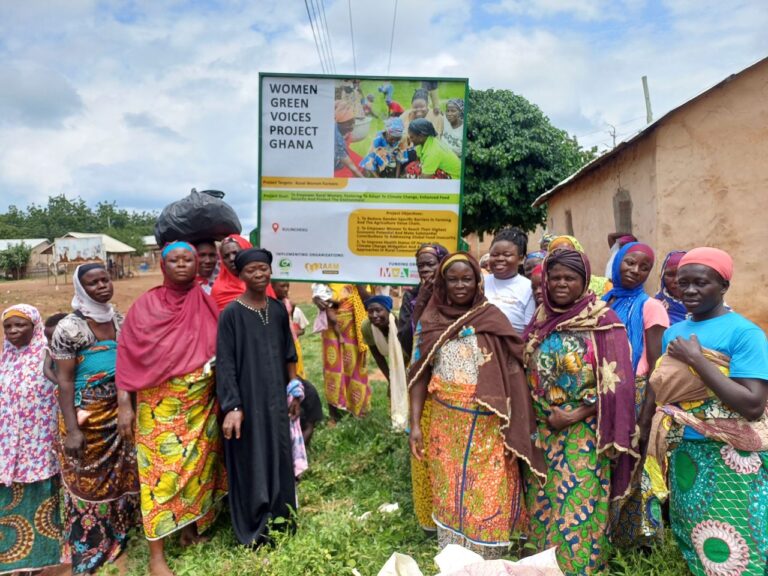
Consultancy Services


